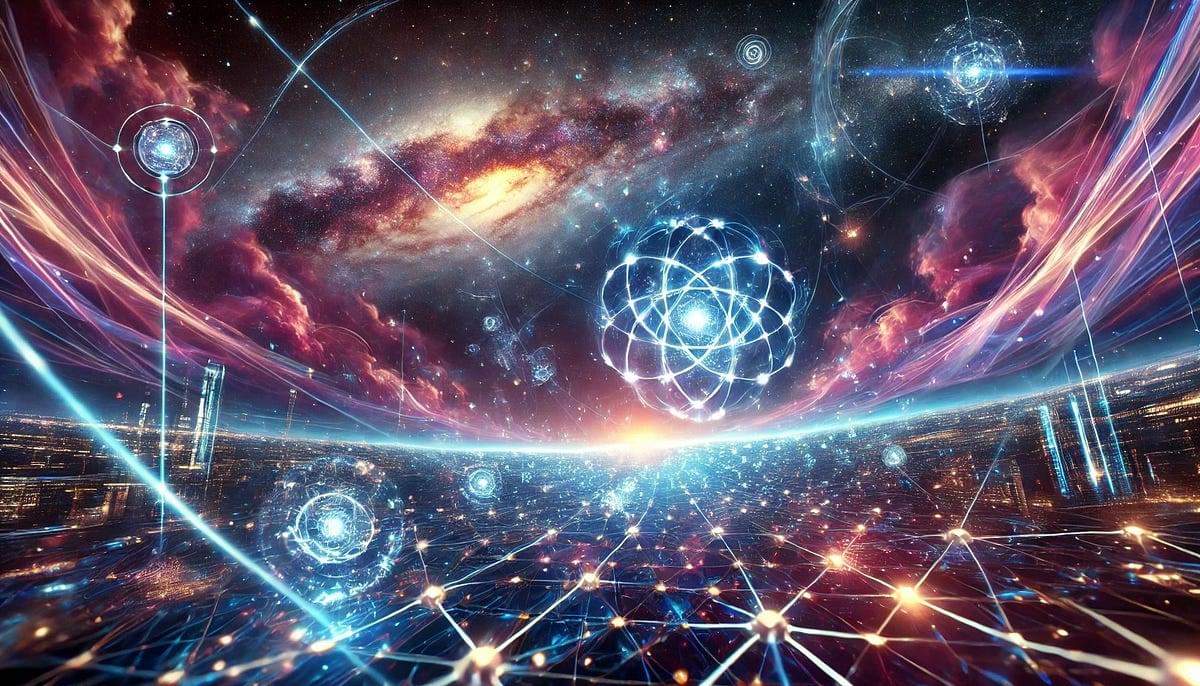Using quantum mechanics to transmit information more securely.
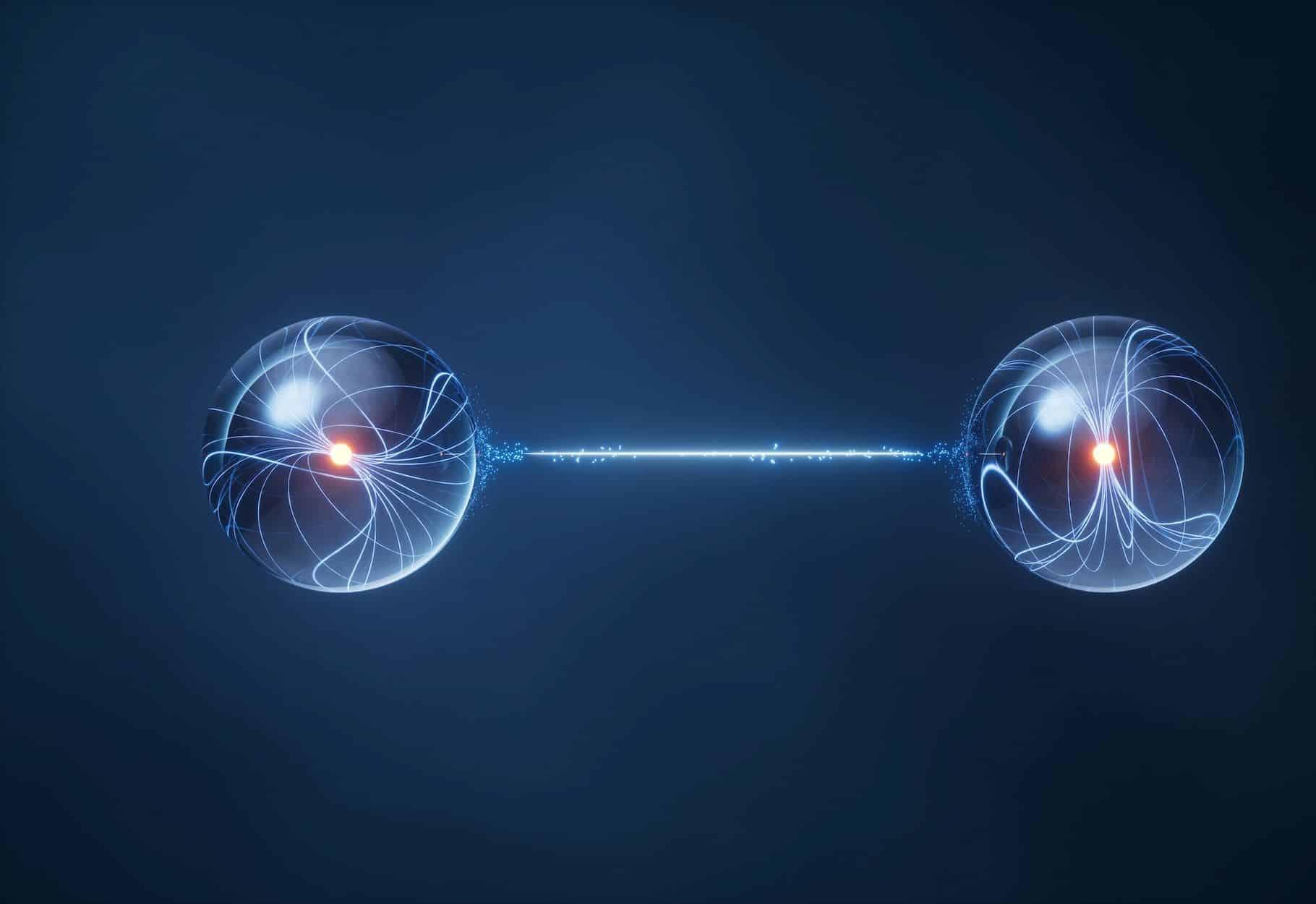

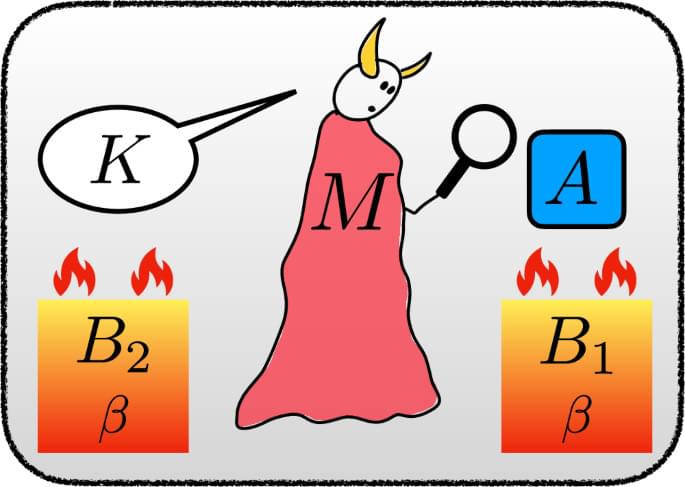
npj Quantum Inf ormation — Universal validity of the second law of information thermodynamics is indeed universal: it must hold for any quantum feedback control and erasure protocol, regardless of the measurement process involved, as long as the protocol is overall compatible with thermodynamics. Our comprehensive analysis not only encompasses new scenarios but also retrieves previous ones, doing so with fewer assumptions. This simplification contributes to a clearer understanding of the theory.
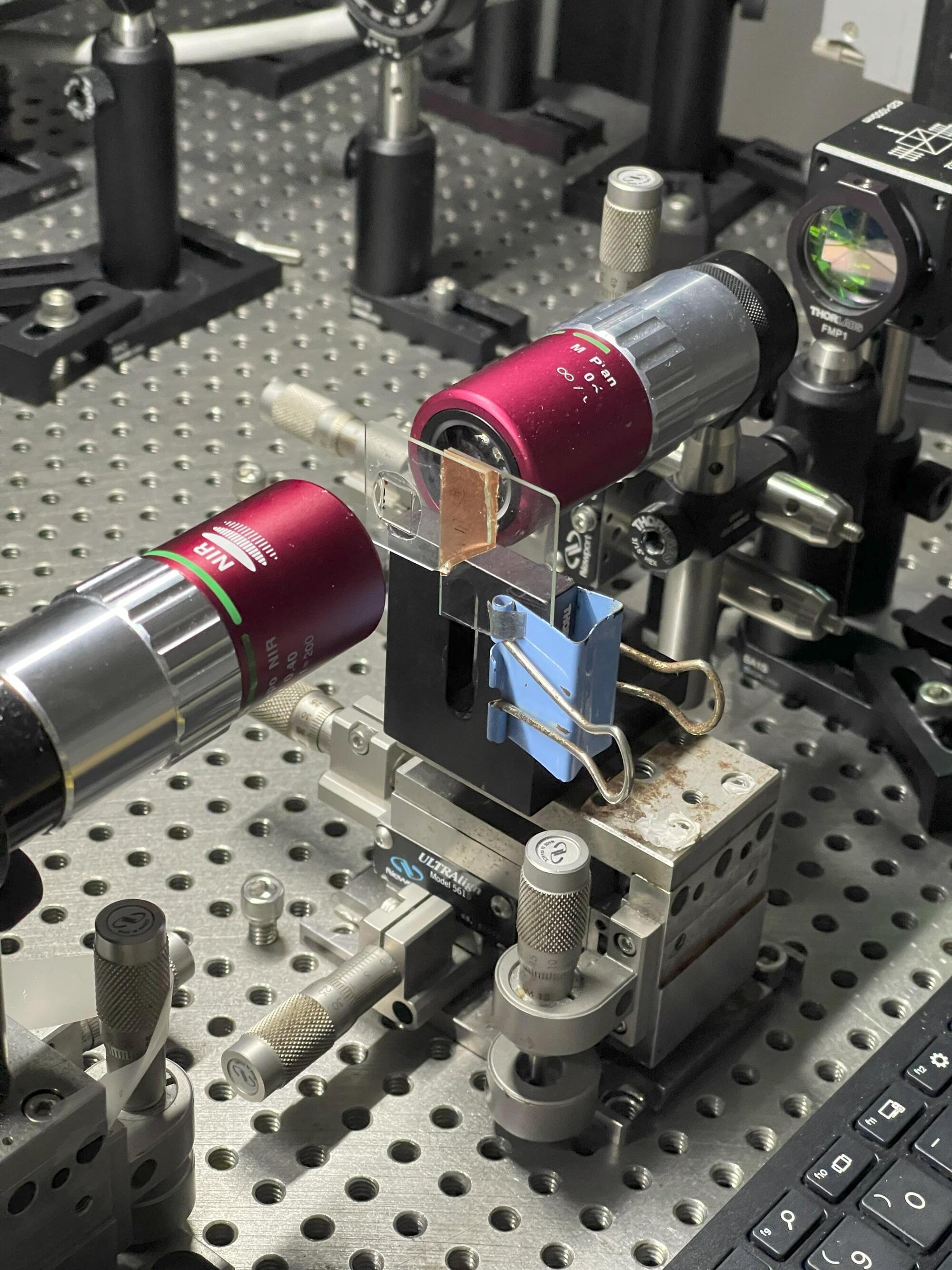
In the realm of quantum information distribution, sending a signal from point A to point B is like a baseball pitcher relaying a secret pitch call to the catcher. The pitcher has to disguise the signal from the opposing team and coaches, base runners, and even onlookers in the stands so no one else cracks the code.
The catcher can’t just stay in one spot or rely on the same finger pattern every time, because savvy opponents are constantly working to decipher any predictable sequence. If the signs are intercepted or misread, the batter gains an advantage, and the entire inning can unravel for the pitcher.
But what if there was a way for pitchers to bolster their signals by adding extra layers of “dimensionality” to each call, effectively increasing the chances of delivering it correctly to the catcher no matter how many eyes are watching? What if by incorporating more nuanced gestures—a subtle shift in glove position, a specific tap on the mound—the pitcher could craftily conceal their intentions?
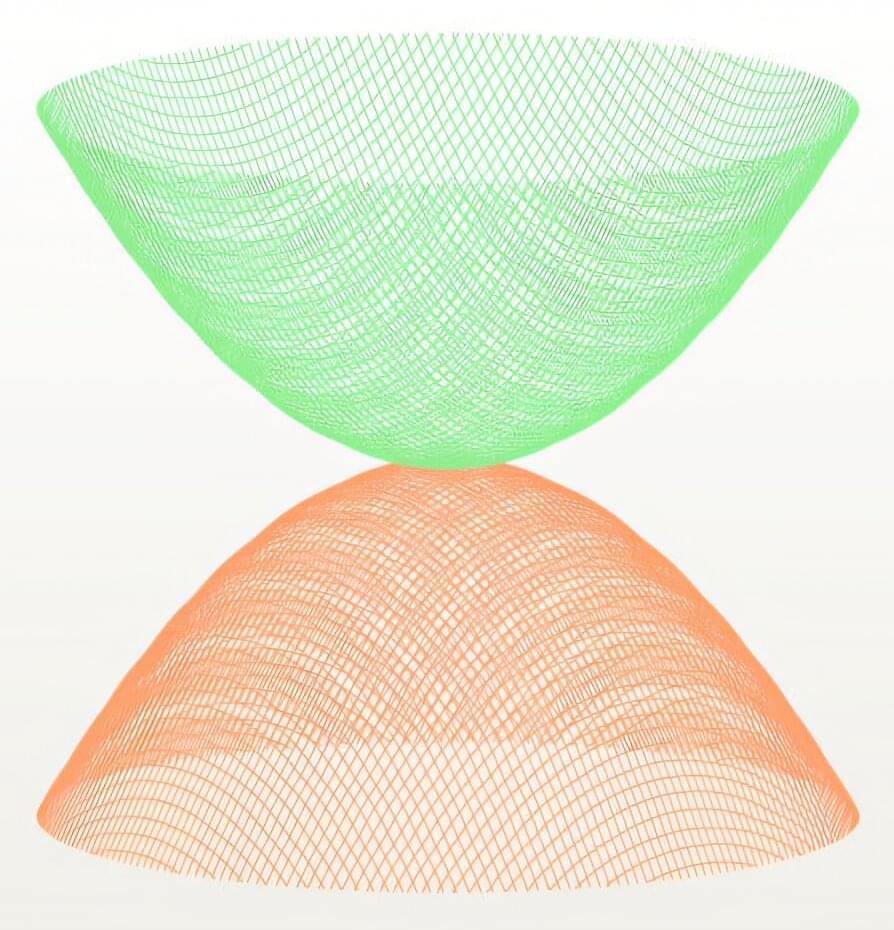
Exotic superconducting states could exist in a wider range of materials than previously thought, according to a theoretical study by two RIKEN researchers published in Physical Review B.
Superconductors conduct electricity without any resistance when cooled below a critical temperature that is specific to the superconducting material. They are broadly classified into two types: conventional superconductors whose superconducting mechanism is well understood, and unconventional superconductors whose mechanism has yet to be fully determined.
Superconductors have intrigued scientists since their first experimental demonstration at the beginning of the 20th century. This is not just because they have numerous applications, including great promise for quantum computing, but also because superconductors host a rich range of fundamental physics that has allowed physicists to gain a deeper understanding of material science.
DARPA’s RoQS program aims to develop resilient quantum sensors that maintain their high sensitivity while resisting environmental disruptions.
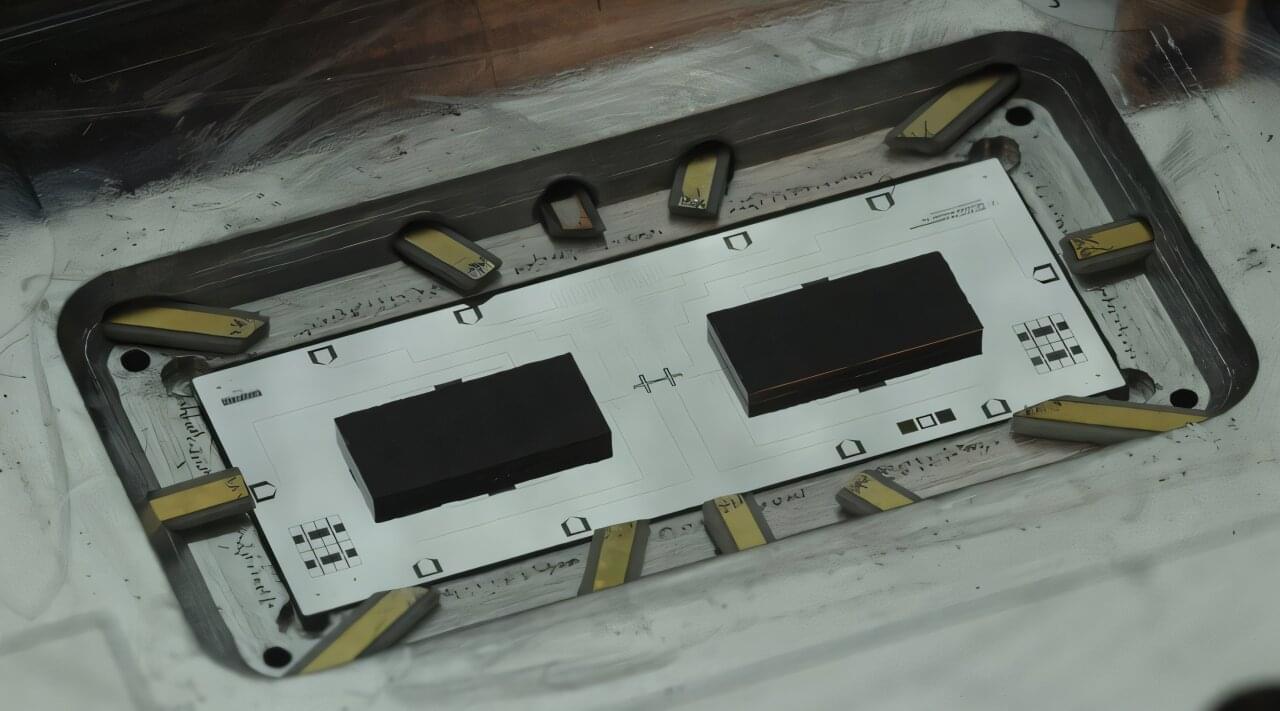
Entanglement—linking distant particles or groups of particles so that one cannot be described without the other—is at the core of the quantum revolution changing the face of modern technology.
While entanglement has been demonstrated in very small particles, new research from the lab of University of Chicago Pritzker School of Molecular Engineering (UChicago PME) Prof. Andrew Cleland is thinking big, demonstrating high-fidelity entanglement between two acoustic wave resonators.
The paper is published in Nature Communications.
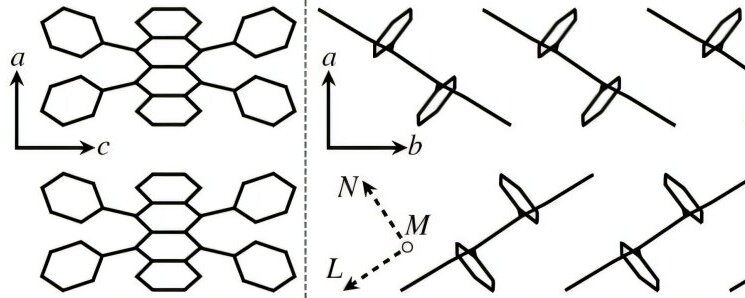
Excitons, encountered in technologies like solar cells and TVs, are quasiparticles formed by an electron and a positively charged “hole,” moving together in a semiconductor. Created when an electron is excited to a higher energy state, excitons transfer energy without carrying a net charge. While their behavior in traditional semiconductors is well understood, excitons act differently in organic semiconductors.
Recent research led by condensed matter physicist Ivan Biaggio focuses on understanding the mechanisms behind exciton dynamics, quantum entanglement, and dissociation in organic molecular crystals.
The paper is published in the journal Physical Review Letters.
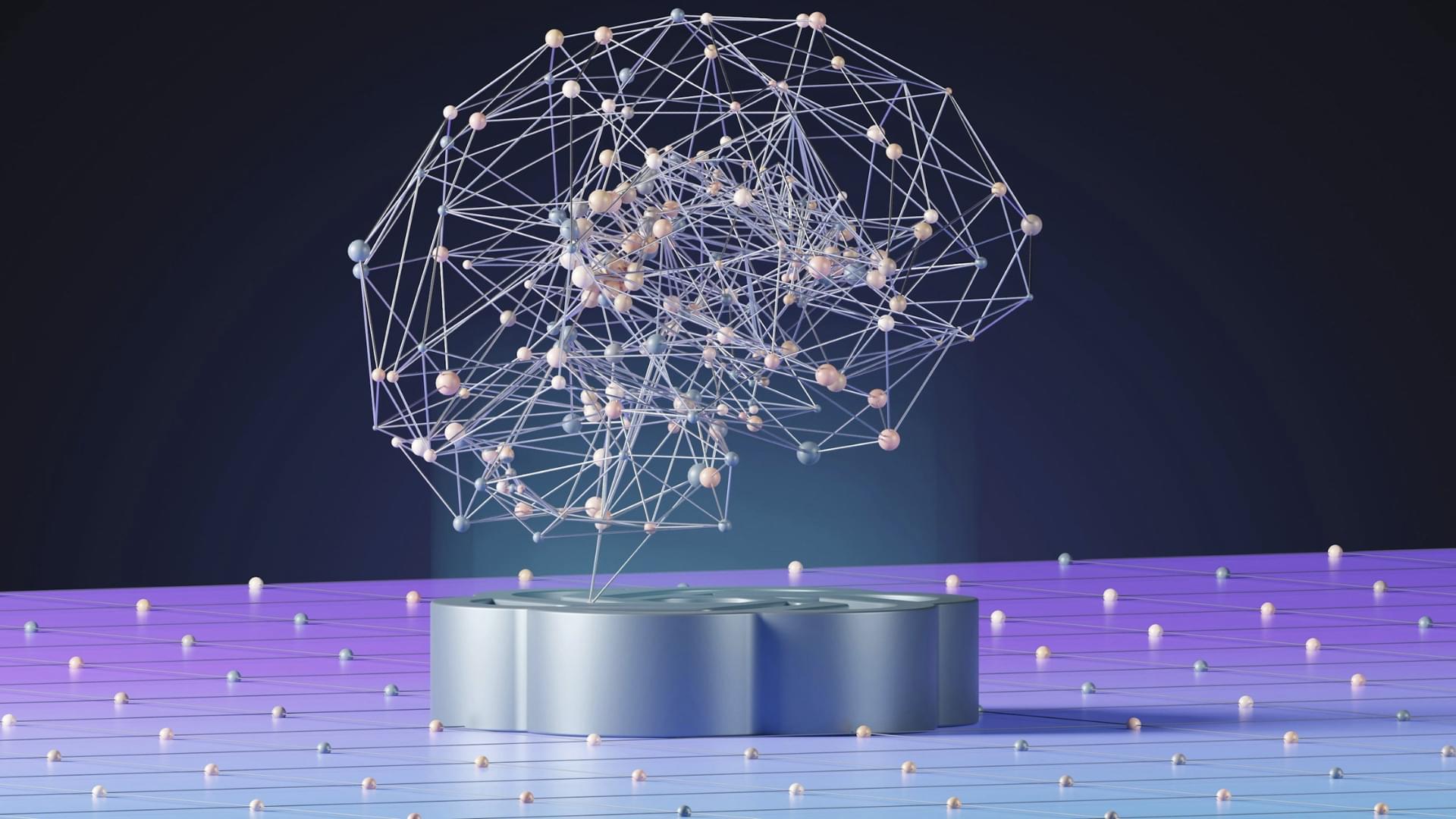
Risk assessment and fraud detection can be enhanced with its usage in the financial sector.
A UK-based firm has launched the world’s first quantum large language model (QLLM). Developed by SECQAI, the QLLM is claimed to be capable of shaping the future of AI.
The company integrated quantum computing into traditional AI models to improve efficiency and problem-solving.
According to a report, the development involved creating an in-house quantum simulator with gradient-based learning and a quantum attention mechanism.

